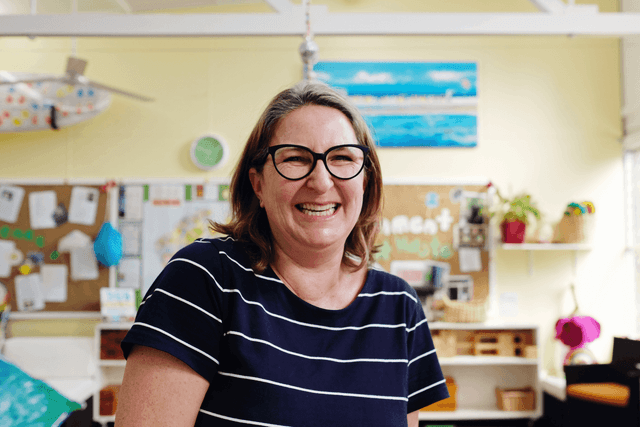Workforce
ECEC job advertisements have doubled since COVID-19, illustrating the depth of staffing crisis

Freya Lucas
May 31, 2022
Save
The early childhood education and care (ECEC) sector is in the midst of a staffing crisis, with the number of advertisements for job roles more than doubling since the pandemic began.
National figures from employment marketplace SEEK show a 40 per cent increase in job advertisements for early childhood teaching jobs and a 34 per cent increase for childcare and outside school hours care jobs from April 2021 to April 2022.While New South Wales and Victoria faced particularly harsh stay at home measures, demand for ECEC spaces plummeted. Despite a return to relatively normal conditions, a number of educators who left when demand dropped have not returned to the sector, choosing instead to seek better pay and conditions elsewhere.
A number of opportunities for former ECEC professionals to work in different sectors and industries are currently available, with national unemployment figures sitting below four per cent, adding to the issue.
“Childcare is not well paid and that makes it hard for [employers] to compete for workers in a tight labour market,” Grattan Institute economic policy program director Brendan Coates said.
“It’s pretty straightforward - if you want to compete to attract those workers, then you’re going to have to raise wages.”
Higher wages, he continued, could either be paid by the government or passed onto parents and families, but the latter option would make childcare less attractive for working families and may impair workforce participation.
While in other countries immigration has been used to fill job vacancies, he warned that leaning more heavily onto a migrant workforce could risk driving down wages and making ECEC even less attractive as a profession.
Daniela Kavoukas, services manager at the Community Child Care Association, which represents the community and not-for-profit sector, said educators were “leaving in droves” and described the situation as a crisis.
“COVID-19 was a moment where I think the whole of Australia and possibly the world made a decision to go, ‘actually, maybe it’s time for a career change’, and so we saw people leave who haven’t come back,” she said. “A lot of people are just completely burnt out.”
Commentary in this piece first appeared in an article from the Sydney Morning Herald. To access the original article, please see here.
Don’t miss a thing
Related Articles



















